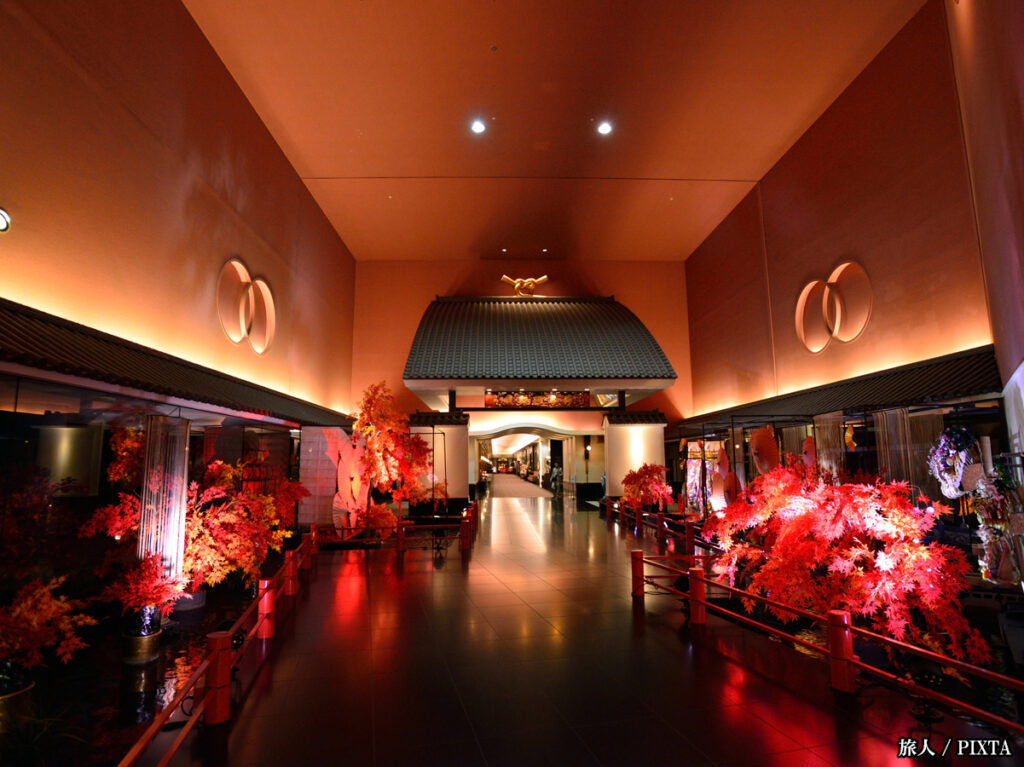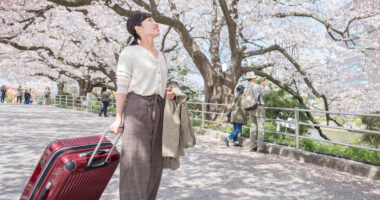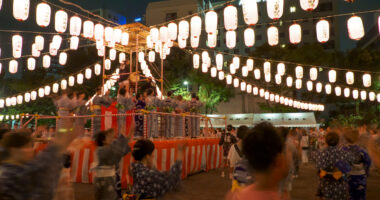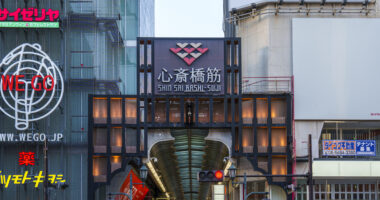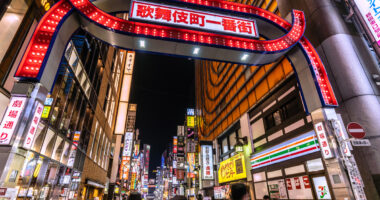One of the first—and most important—decisions when visiting Tokyo is where to stay. The city has everything from high-rise hotels to tatami-mat inns and friendly, low-cost hostels. Knowing how these different options compare can help you choose the right base for your time in Japan.
Tokyo hotels: from business to luxury
Tokyo’s hotel options are remarkably varied, ranging from efficient business hotels to luxurious five-star stays. Familiar international chains and local Japanese brands sit side by side, catering to a broad range of needs and preferences.
Business hotels: These are a popular choice for their efficiency, cleanliness, and convenient locations—often near major train stations, making it easy to get around. Rooms are typically compact but well designed, with essential amenities like Wi-Fi, private bathrooms, and comfortable beds. For travelers on the go, they serve as a practical and dependable base.
Mid-range hotels: A step up in space and service, mid-range hotels often include larger rooms, in-house restaurants, fitness centers, and more personalized touches. They strike a good balance between comfort and cost.
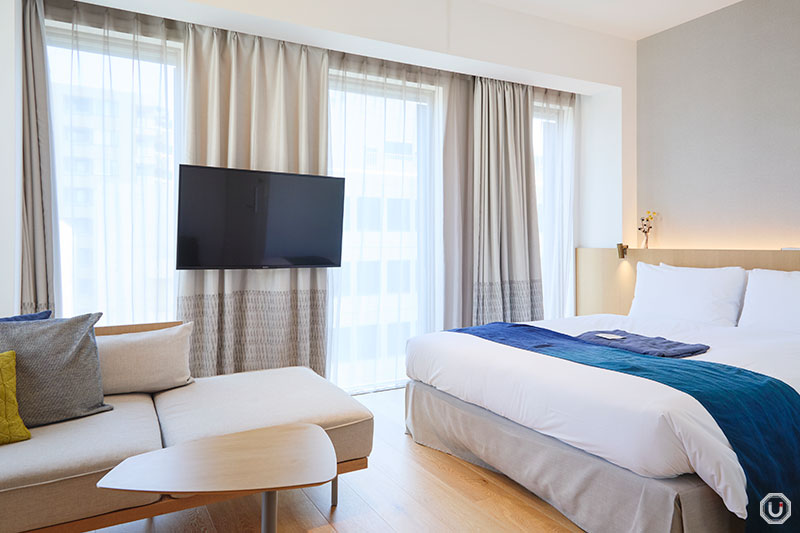
The Premiere Double Room at TSUKI Tokyo Hotel
Luxury hotels: At the top end, Tokyo’s luxury hotels deliver an experience defined by comfort, elegance, and attention to detail. Expect attentive service, refined dining, peaceful spas, and beautiful city views. These stays provide a calm, upscale place to unwind after a busy day.
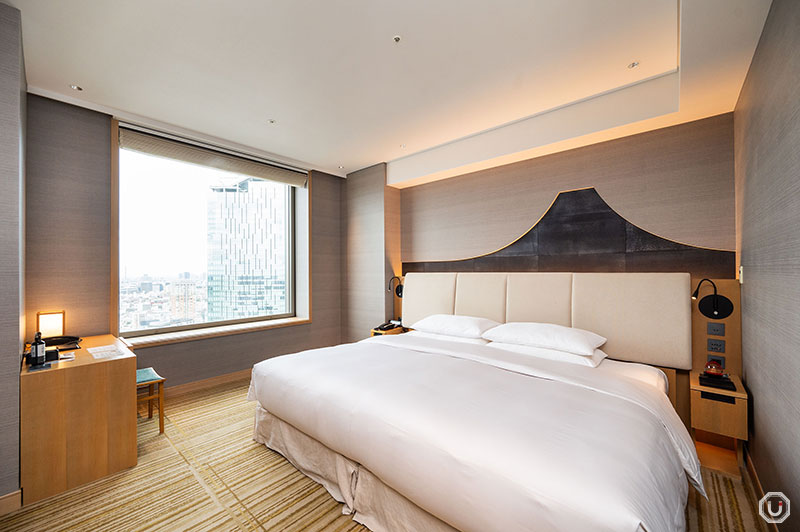
A bedroom on the Executive Floor of The Cerulean Tower Tokyu
Ryokans in Tokyo: traditional Japanese stays
If you’re looking for something more traditional than a hotel, consider staying at a ryokan, Japan’s classic style of accommodation. While ryokans are usually associated with hot spring towns, Tokyo also offers a few that preserve this traditional approach to hospitality.
Traditional elements: Rooms typically feature tatami mat flooring, futon beds that are laid out in the evening and stored away in the morning, and shōji (sliding paper screens) in place of standard doors. You may also find a low table with floor seating, and many ryokans provide a yukata (light cotton kimono) for guests to wear during their stay.
Onsen or public baths: While more common outside major cities, some Tokyo ryokans include a communal bath, either onsen (hot spring) or conventional water supply. If available, it’s a relaxing way to experience how many Japanese people unwind at the end of the day.
Breakfast experience: A ryokan stay often includes an elevated Japanese breakfast—typically a multi-course meal with rice, grilled fish, miso soup, and small seasonal dishes. It’s a flavorful introduction to Japanese culinary customs.
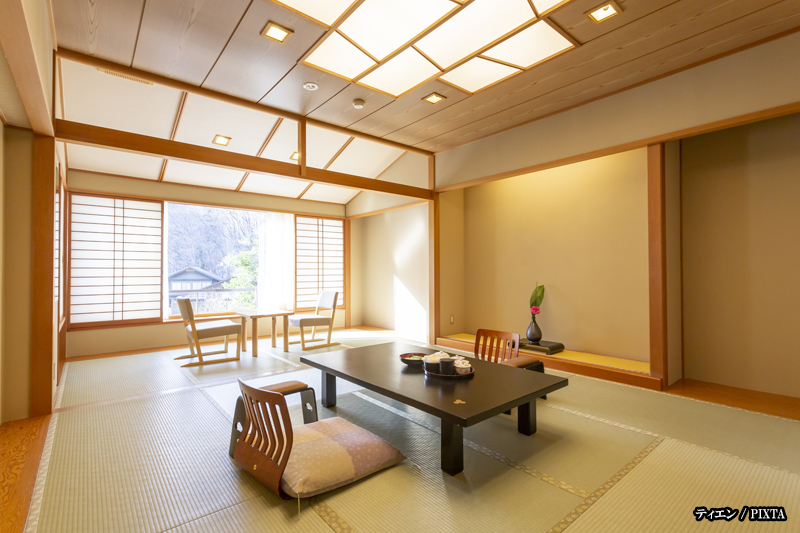
Photo for illustrative purposes
Tokyo hostels: budget-friendly and social
For travelers on a budget—or anyone looking to connect with fellow adventurers—Tokyo’s hostels are a great choice. Known for their cleanliness, clever design, and friendly vibe, these stays combine value with a strong sense of community.
Dormitory and private rooms: Hostels primarily offer dorm-style rooms with bunk beds, making them an affordable option. Many also have private rooms for guests who want more personal space while keeping the communal feel.
Communal spaces: Shared spaces are central to the hostel experience. Lounges, kitchens, and sometimes on-site cafés or bars create natural opportunities to trade stories, swap travel advice, and meet people from around the world.
Amenities: Despite their low cost, many hostels come equipped with thoughtful extras like free Wi-Fi, laundry rooms, and personal lockers.
Related article
If you’re traveling solo and considering another budget-friendly option, capsule hotels are also a great alternative in Tokyo. Check out our in-depth guide: “Why Capsule Hotels Are Perfect for Solo Travelers in Tokyo: Top Features, Amenities, and What to Expect.”
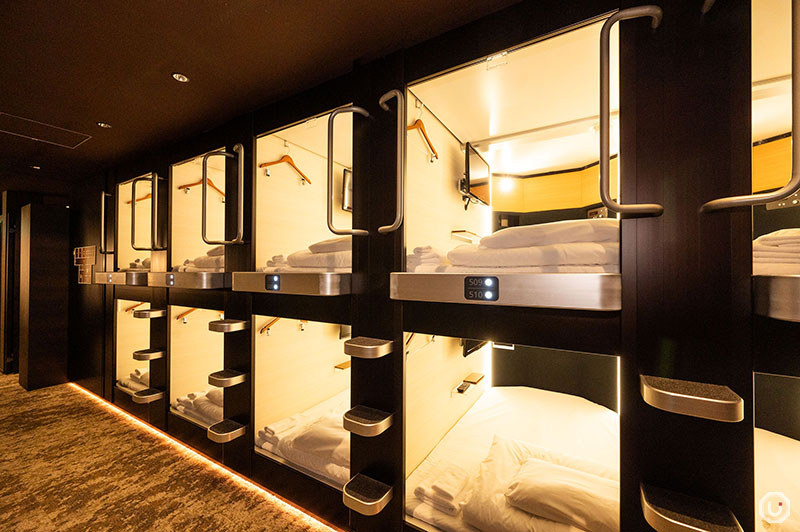
Standard Capsule Rooms at GLANSIT AKIHABARA
Which one should you choose?
The best accommodation for your trip depends on your travel priorities.
- For convenience and comfort:
A hotel is ideal if you value personal space, privacy, and full-service amenities. - For cultural immersion:
A ryokan immerses you in a deeper experience of Japanese hospitality and traditional living. - For budget and socializing:
A hostel is best for travelers eager to cut costs and make new connections.

Photo for illustrative purposes
Tips for booking and staying in Tokyo
No matter which type of accommodation you choose, these tips can help you make the most of your stay in Tokyo:
- Book in advance:
During peak seasons (such as cherry blossom season in spring or autumn foliage) popular spots fill up quickly. Planning ahead gives you more options and potentially better rates. - Location is key:
Tokyo’s train system is excellent, but staying near a major JR or subway station saves time. Consider where you plan to spend the most time. - Read reviews:
Online reviews can offer valuable insights into cleanliness, service quality, and the overall feel of a place. Look for patterns in both positive and negative feedback. - Understand room sizes:
Hotel rooms in Japan, particularly in business hotels, tend to be smaller than what many international travelers expect. Be prepared for compact spaces, even more so if you’re bringing large luggage.
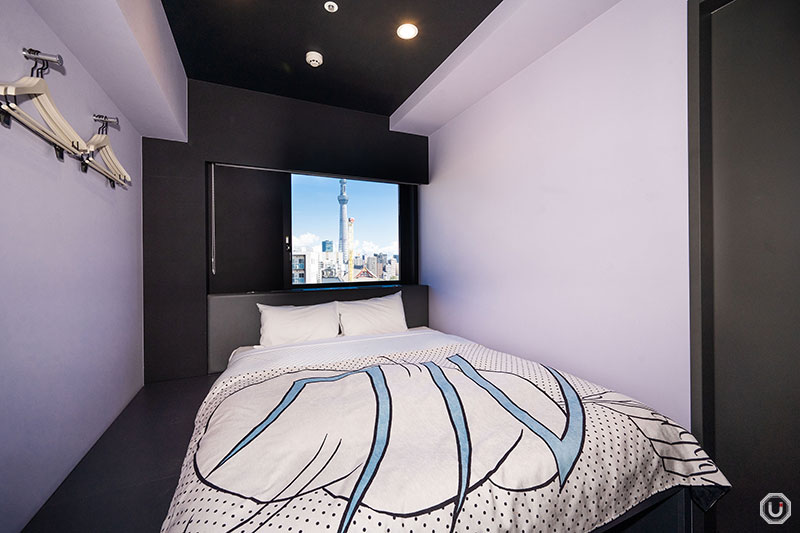
A Double Room at HOTEL TAVINOS Asakusa
Final thoughts: Find your ideal Tokyo stay
Tokyo’s wide range of accommodations offers something for every kind of traveler: A modern hotel provides ease and efficiency, a ryokan invites stillness and tradition, while a lively hostel brings the world to your doorstep. By weighing your budget, comfort preferences, and travel style, you can find the right place to call home during your time in the city.
